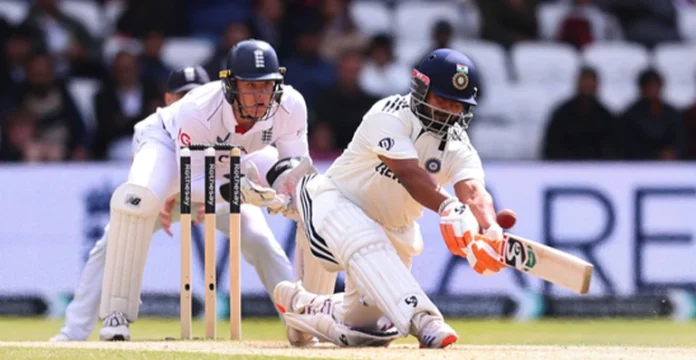What are The ICC New Rules?
The International Cricket Council (ICC) tweaks and introduces new rules across formats. The team fielding may be impacted by some of the updated rules. Moreover, the stop clock system has been introduced for Test Cricket.
ICC New Rules: Stop Clock, No Ball Catch, DRS
Test Cricket and Stop Clock
Since slow rate overs have been a long-run issue in Test Cricket, the ICC has decided to implement a stop clock in Test Cricket as well. Previously, a year ago, the white ball format had the implementation of a stop-clock. The rule states that the fielding team should be ready to begin over one minute after the completion of the previous one. In addition, the umpires will give them two warnings if they don’t comply. The bowling team will receive a five-run penalty after those warnings.
No Ball Catch
In the case of a no-ball, the fairness of the catch will still be examined. Therefore, according to the new rules, the batting team will receive one run for no-ball if the catch is judged fair. In case the catch is not clean, the batting team will receive the number of runs the hitter has taken off the no Ball delivery.
Suggested: NK vs LLG Match 12 Dream11 Prediction and Fantasy Tips
No Ball Change After Saliva Use
Although the ban on saliva is still in effect, for the umpires, it is not necessary to change the ball whenever saliva is discovered on it. If the bowling team intentionally makes use of saliva, the umpires cannot change the ball. Only when the ball’s condition is altered significantly, the judgment left to the umpires.
DRS procedure for second review
Scenario: When a batter is given out caught behind, and they take review, UltraEdge shows there was no contact with the bat, but the bat hits the pad. The TV umpire then checks for an LBW decision. In this case, the starting point is that the batter is considered out. So, if the ball-tracking shows “umpire’s call,” the batter will still be out.
Short Run Penalty
Intentionally stealing an extra run (short run) still carries a five-run penalty. However, as per the new rules, the fielding side can choose which batter to put on strike in this situation.
DOWNLOAD: STUMPSANDBAILS FANTASY CRICKET APP
DOWNLOAD: DRAGOZ SPORTS FANTASY CRICKET APP


